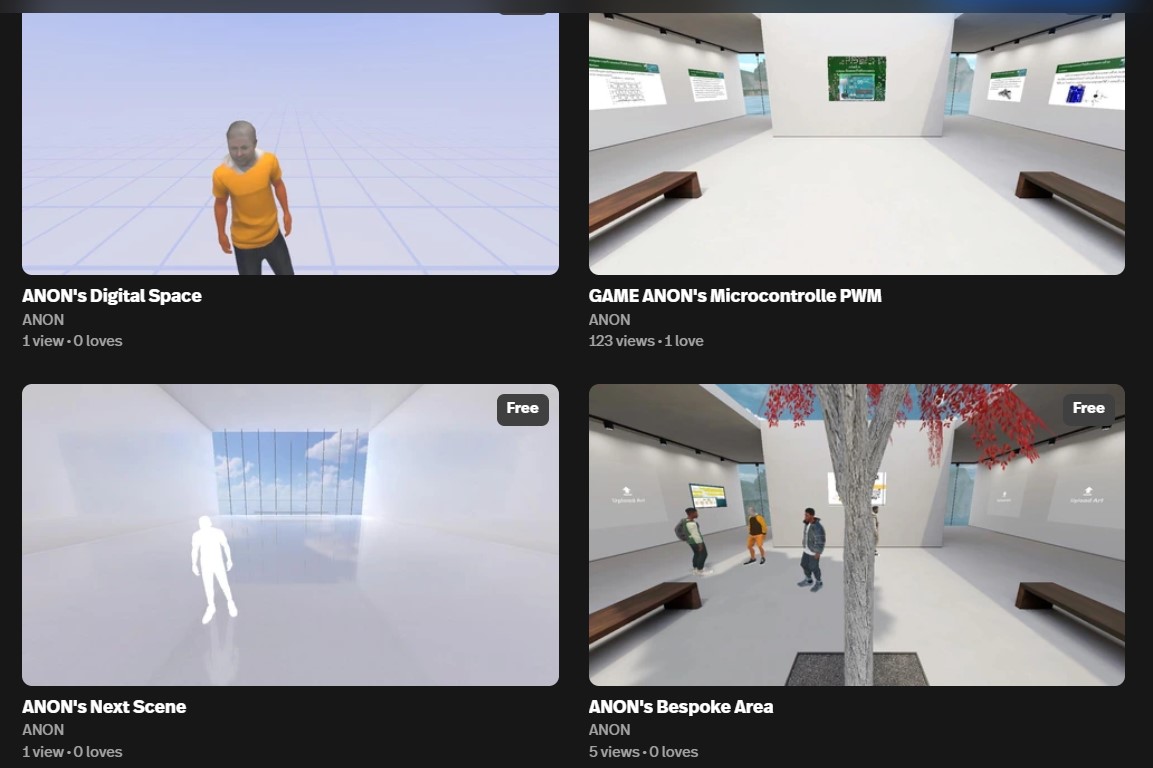Implementation of a Metaverse-based Learning on Pulse-Width Modulation Signal Generation Using a Microcontroller: A Case Study of Vocational Education Students
Main Article Content
Abstract
Pulse-width modulation (PWM) signal generation is a crucial topic in the fields of electronics and control engineering. However, improper duty cycle settings can result in malfunctioning control systems. Moreover, the complexity of the subject matter often leads to a lack of student engagement and low academic performance. To address these challenges, a virtual world–based learning model was developed and designed to enhance students' programming skills and learning motivation. The objectives of this study were (1) to develop a virtual world–based learning tool for teaching PWM signal generation using a microcontroller, (2) to examine the development of students' programming skills, and (3) to assess students' motivation after participating in the virtual world–based learning activity. The participants in this study were 26 vocational certificate students in the Electronics Program at Nakhon Pathom Vocational College. The learning tool consisted of an online virtual world platform. The research findings revealed that five students demonstrated high-level development in programming skills, 16 students were at a moderate level, and six students were at a low level. The overall motivation of students was rated at a high level (mean = 4.82, standard deviation = 0.06). These results indicate that virtual world–based learning effectively enhances programming skills and learning motivation among vocational education students.


